China is famous for two things – imitation goods and food safety. Who can forget about the infamous 2008 Chinese milk scandal where as many as 300,000 babies were affected – 54,000 hospitalised, 16 diagnosed with kidney stones while six died from kidney stones and damage after they had been fed on milk powder produced by Sanlu Group?
Apparently, Sanlu Group admitted that its milk powder was contaminated with the toxic chemical melamine. Just when you thought they have learnt their lesson, another food scandal broke July this year. Shanghai Husi Food Co Ltd, a unit of U.S.-based OSI Group LLC, had supplied expired meat to the two chains. This time, Starbucks, Burger King, McDonald’s and KFC were affected because they sourced their chicken from Shanghai Husi.
It didn’t affect only China and Hong Kong alone, but also McDonald’s Japan which had sourced about a fifth of its Chicken McNuggets from the same company. Dicos and Papa John’s International Inc. were also affected. Swedish furniture company Ikea, Domino Pizza, Yoshinoya-parent Hop Hing Group Holdings Ltd, Japanese convenience store FamilyMart Co Ltd and Chinese chain Wallace scrambled to assure consumers they didn’t buy from Shanghai Husi.
In a latest twist in China, another explosive food scandal is taking place. This time – Hong Kong, Macau and Taiwan. Four importers in Hong Kong have been found to have bought oil from Chang Guann, the Taiwan-based lard supplier accused of buying at least 240 tonnes of gutter oil – recycled from kitchen waste, by-products from leather processing plants and offal from slaughterhouses – from an unlicensed factory.
The Hong Kong importers have been identified – Dah Chong Hong, Synergy Foods, Angliss Hong Kong Food Service and Urban Food. Yesterday, Maxim’s Group confirmed it had been using gutter oil supplied by Urban Food to make some 9,000 pineapple buns a day for at least the last three years. This means Hongkies and tourists who had been happily eating pineapple buns could be “poisoned” for as long as three years.
Interestingly, about 85% of the buns had then been supplied to its Maxim’s Cakes outlets and to the convenience chain 7-Eleven. Another 15% had been supplied to popular shops including Arome Bakery, the Café Express shop in Central MTR and two Starbucks shops – one on Duddell Street in Central and the other on Sai Yee Street in Mong Kok.
Maxim admitted it purchased a total of some 34 tonnes of oil from Urban Food. The company also claimed they have stopped using the contaminated oil since September 5. And what about the mooncakes and restaurants within Maxim’s Group? Well, Maxim’s, Hong Kong’s largest food & beverage corporation and restaurant chain, claimed they’re not affected, provided you believe them.
In Macau, the city’s Food Safety Centre said that 21 bakeries and food manufacturers had bought oil from Chang Guann. They have in stock more than 1,000 buckets of the affected oil. The government has told the companies to stop using the oil. But these bakeries could have been using the tainted oil for as long as they can remember, even longer than the 3-years Maxim’s admitted of using.
The scandal was uncovered on September 1, when police raided the unlicensed factory – Chang Guann – in Taiwan. Amusingly, this Taiwanese lard giant claimed it was unaware that the oil was gutter oil, and had in fact sold 51,981 cartons of oil to hundreds of food companies around Asia. Since gutter oil often contains metal contaminants or cancer-causing chemical, they can damage a person’s nervous system.
In reality, over a thousand Taiwanese companies have used oil supplied by Chang Guann to make a total of 139 different products, including Taiwanese brands of dumplings, sauces, rice puddings, cookies, scallion pancakes and noodles. Hence, the impact could be larger than some mooncakes or pineapple buns. And chances are high that many had already consumed mooncakes made from tainted lard during Mid-Autumn Festival yesterday.
Besides Chang Guann Co (強冠企業), another company hit by the scandal is Wei-Chuan Foods Corp (味全食品:Stock – 1201:TT), a Taipei producer of everything from ice cream to MSG that has told the Taiwan stock exchange it expects to lose 79.4 million Taiwan dollars (US$2.65 million) through product recalls and lost inventory. Other Taiwanese food companies affected are Taiwan Sugar Corp, Chi Mei Frozen Food Co, Sheng Hsiang Jen Foods Co and Gourmet Master Co
So far, Wei Chuan had announced a recall of 12 types of products including its popular pork fiber and meat paste. Taiwan authorities have since detained the main suspect – Kuo Lieh-chen – the owner of an illegal factory at the center of the scandal, whom the officials said had been supplying to about 933 restaurants and bakeries, including 397 in Taiwan alone. It’s believed Chang Guann had used this gutter oil to produce 780 tonnes of edible lard oil.
The food scandal is so serious in Taiwan that Taiwanese consumers are now flocking to hotels for buffet meals, instead of getting their food from normal food vendors. If Chang Guann can proves that they didn’t know about the tainted lard or oil, the company’s owners might only be subject to a fine ranging from NT$60,000 (US$2,000) to NT$50 million. Otherwise, the owner could face a maximum prison term of seven years.
Other Articles That May Interest You …
- The Fast Food Workers “Fight For $15″ Menu Is Here Again, But Turns Ugly
- 10 Companies That Control Almost Everything You Buy & Eat
- Meet Coca-Cola Life, The New Coke From South America
- American Top-20 Best Burger That You Must Try
- Big Mac Index – Cheapest Places To Buy Your Burgers
- How To Save Money This Year – 15 Exciting Tips
- 15 Fast Food Restaurants You Wish Would Come Here

|
|
September 9th, 2014 by financetwitter
|


|

|

|

|

|

|






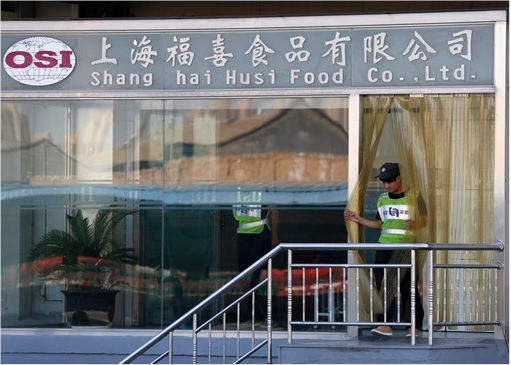

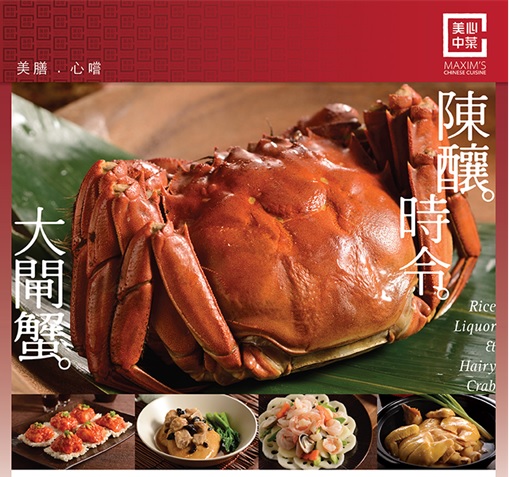

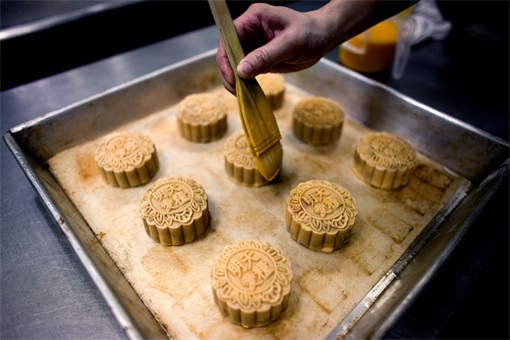
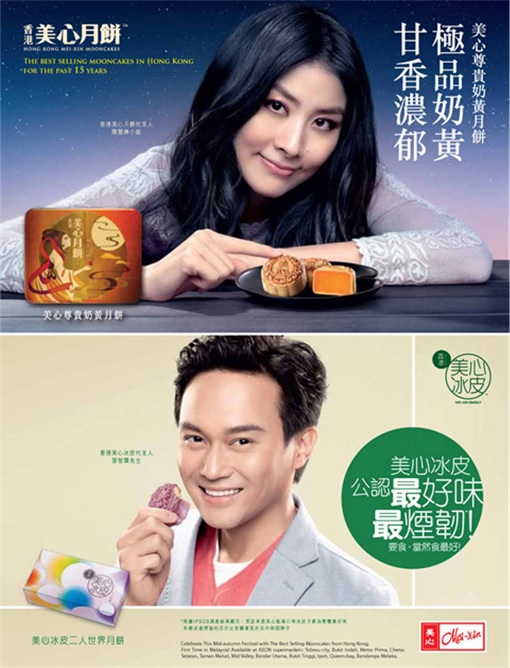
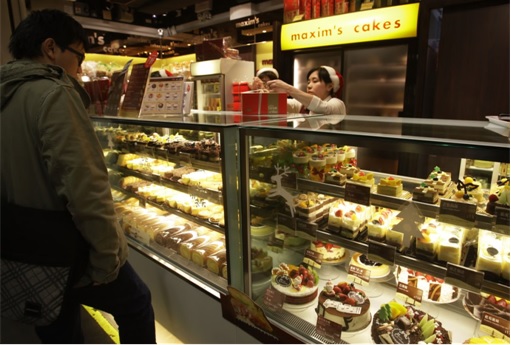
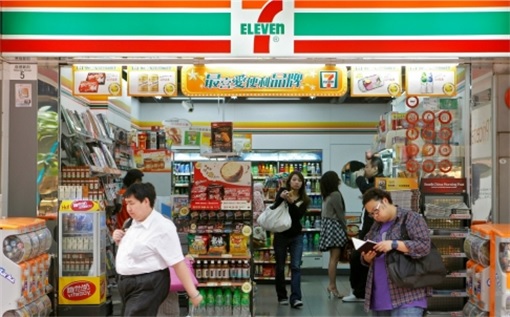
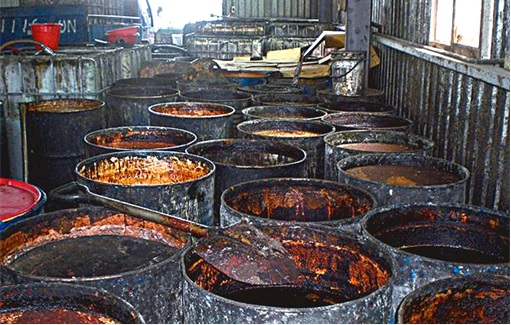
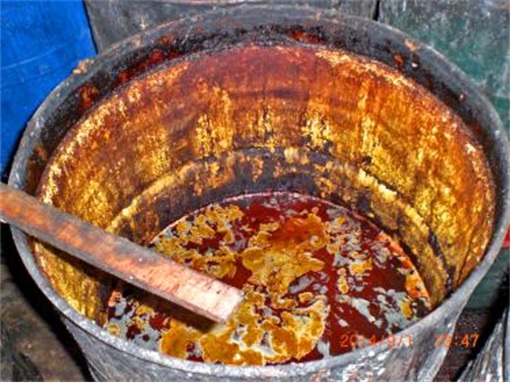
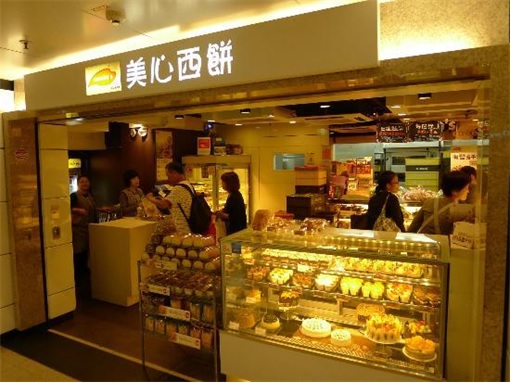
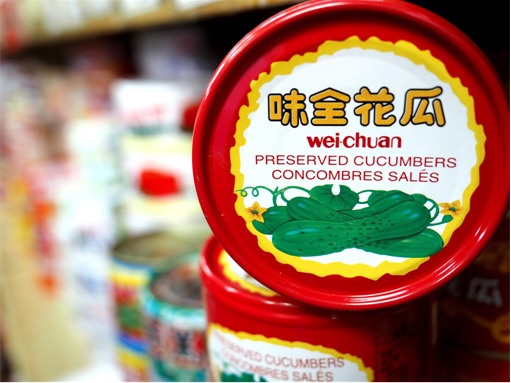






















Comments
Add your comment now.
Leave a Reply